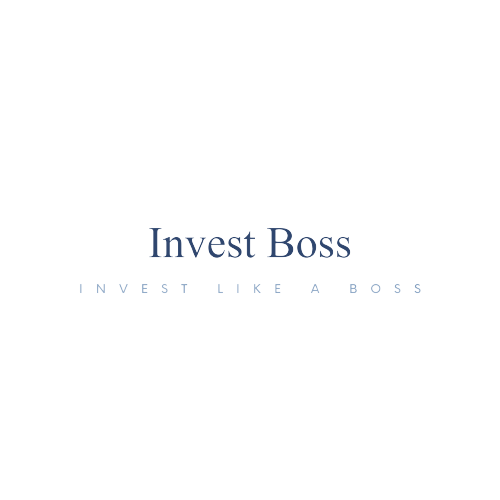Is StrongBlock a Scam?
Have you heard of the cryptocurrency concept and platform StrongBlock? Have you seen statements on Twitter from investors who are overjoyed with their investment and want everyone else to join them? Or have you read an article or a tweet that says the exact opposite? It is possible to purchase STRONG tokens and simply sell them when the price rises, or you may purchase 10 Strong tokens (now worth over $10,000) and purchase a node that will create passive revenue for you in the next months and, ideally, years! Is the entire enterprise, however, a gigantic Ponzi scheme?
Today's StrongBlock structure
StrongBlock now operates over 170,000 Ethereum nodes and over 1000 Sentinel dVPN nodes, and starting of December 7th, they have also been running Polygon nodes and an Ethereum 2-pool where you may stake Strong tokens and get Ethereum payouts once Ethereum 2.0 is released. These are real nodes, and you can use the access points of any of them instead of the MetaMask and other wallet services' default access points.To run such a node, you do not require any technical skills. All you need is 10 StrongBlock tokens in an Ethereum wallet, and a significant part of Ethereum available in order to pay for the transaction fees and also the monthly $15 charge for hosting the node.
- There are approximately 500,000 Strong tokens available.
- To start a node, you'll need 10 Strong tokens.
- With a node, you presently earn around 0.09 Strong each day.
- With over 130,000 active nodes, it equates to about 12,000 Strong tokens distributed each day.
The math appears to be quite straightforward here. If people stopped buying nodes, the project would be destroyed within a month because they would run out of tokens to pay the node holders. In other words, the project can only be sustained as long as new nodes are added at a rapid pace.
Most people stop here and label StrongBlock a Ponzi scheme. Does this, however, imply that StrongBlock is a Ponzi scheme project?
Is StrongBlock a Ponzi scheme as a result of all of this?
Do you recall Bitconnect? Many people referred to it as a Ponzi scheme, and they were correct. But, how often have you seen an interview in which the actual creators and leaders of Bitconnect answered questions honestly and provided transparent answers about the situation? Never!StrongBlock CEO David Moss holds weekly AMAs (Ask Me Anything) on Telegram, and every week he receives questions about Ponzi schemes and, of course, the project's sustainability. And you'd be surprised at how hard they're working to make the project sustainable.
An essential 2022 update to this StrongBlock article
It is unclear whether StrongBlock is a Ponzi scheme. However, 2022 was a disastrous year for the protocol, and they may blame themselves for that. They made critical improvements to the protocol to make it more sustainable. That's OK. However, they stopped communicating with the community in the midst of this, and it appears that they have simply left everything to dry out and die. That is completely unacceptable.We will soon see what the future reserves for StrongBlock.

